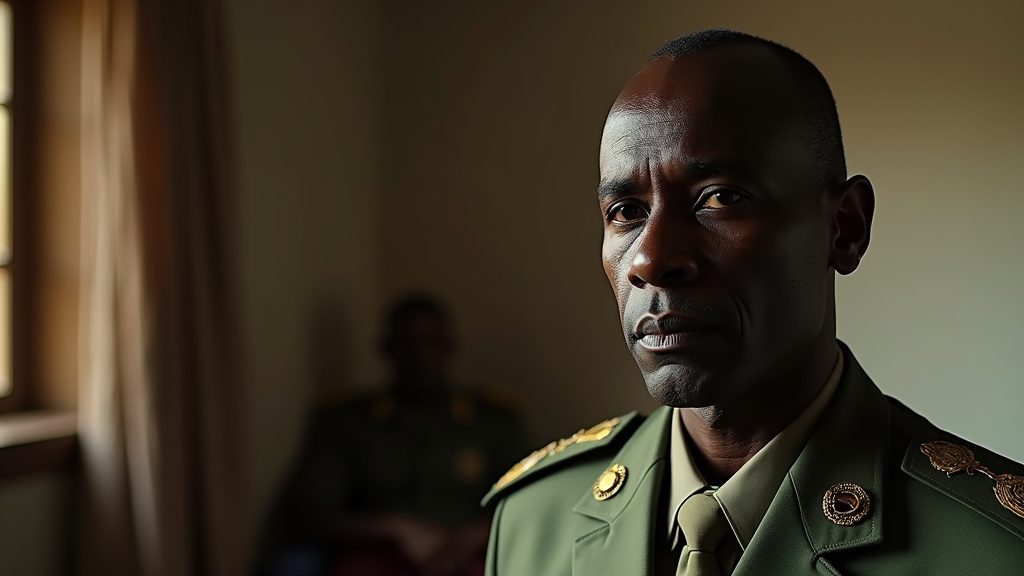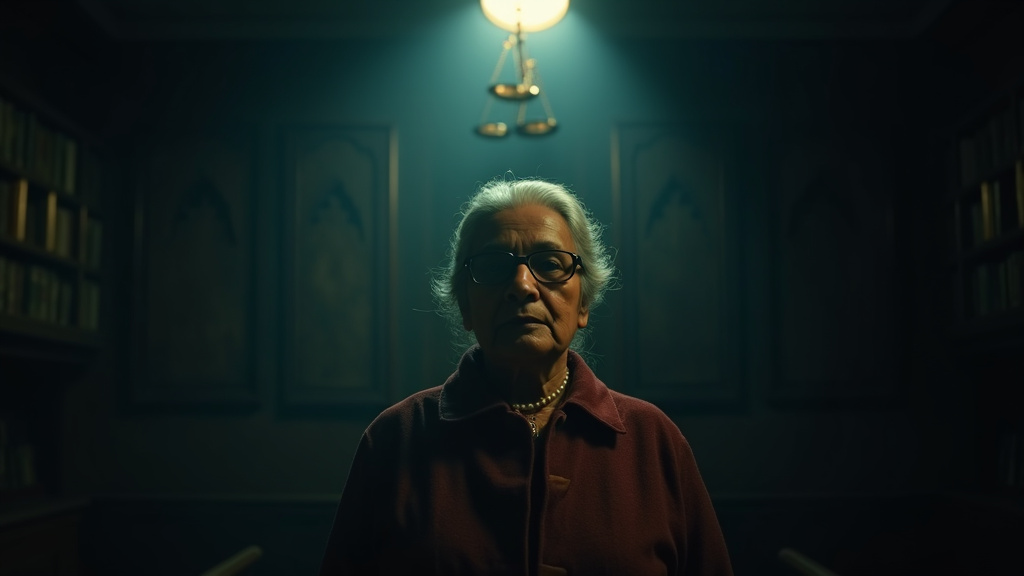In a significant day for current national and international affairs, India has called for Pakistan to be held accountable for what it describes as “horrific” human rights violations amidst a crackdown on protesters in Pakistan-Occupied Kashmir (PoK). Concurrently, judicial actions are underway for the tragic Karur stampede, and a legal battle has commenced in the Supreme Court over the preventive detention of climate activist Sonam Wangchuk.
India Condemns Human Rights Violations in Pakistan-Occupied Kashmir
India’s Ministry of External Affairs (MEA) has strongly condemned the actions of Pakistani forces against civilians protesting in Pakistan-Occupied Kashmir. MEA spokesperson Randhir Jaiswal stated that reports indicate “brutalities by Pakistani forces on innocent civilians” and described the situation as a “natural consequence of Pakistan’s oppressive approach and systemic plundering of resources” from the territories under its “forcible and illegal occupation.” New Delhi has asserted that Pakistan must be held accountable for these “horrific human rights violations.” These protests, demanding basic rights and an end to alleged oppression, have reportedly intensified and are expanding beyond initial areas in PoK. Pakistan authorities have also reportedly imposed a communications blackout, cutting off internet and telecommunications access since late September. This diplomatic stance highlights India’s consistent position on the human rights situation in the region.
SIT to Investigate Deadly Karur Stampede
In a major judicial development concerning a domestic tragedy, the Madras High Court has ordered the formation of a Special Investigation Team (SIT) to probe the stampede that claimed 41 lives during a political campaign event in Karur on September 27. The incident occurred during a rally organized by actor-politician Vijay’s party, Tamilaga Vettri Kazhagam (TVK). The High Court has appointed senior IPS officer Asra Garg to lead the SIT, which will investigate the lapses that led to the stampede and identify those responsible. The court expressed pain over the loss of lives and criticized the TVK leaders and organizers for allegedly abandoning the event and failing in crowd management. The bench rejected a plea for a CBI probe and denied anticipatory bail to some TVK officials, emphasizing the need for accountability. This news underscores the judiciary’s role in ensuring justice and safety at large public gatherings.
Legal Challenge to Sonam Wangchuk’s Detention
Climate activist Sonam Wangchuk’s wife, Gitanjali Angmo, has approached the Supreme Court by filing a habeas corpus petition challenging his detention under the National Security Act (NSA). Wangchuk was detained on September 26, days after violent protests demanding statehood and Sixth Schedule status for Ladakh. Angmo alleges that her husband’s detention is “illegal, arbitrary, and unconstitutional,” violating his fundamental rights. The petition seeks his immediate release and questions the invocation of the NSA against him. She stated that the family has not received a copy of the detention order and has had no contact with Wangchuk since his arrest. Authorities have linked his detention to his alleged role in inciting protests and an investigation into a Pakistani intelligence operative. The legal challenge brings the use of preventive detention laws into sharp focus.
These developments represent key trending stories of the day, reflecting significant political, judicial, and human rights concerns both domestically and internationally. The ongoing investigations and diplomatic statements are expected to shape further discourse and actions in the coming days.















